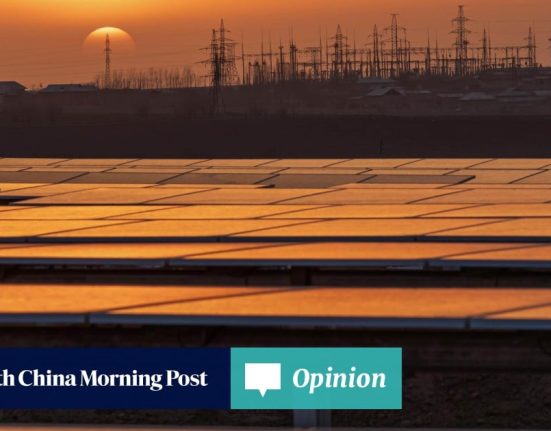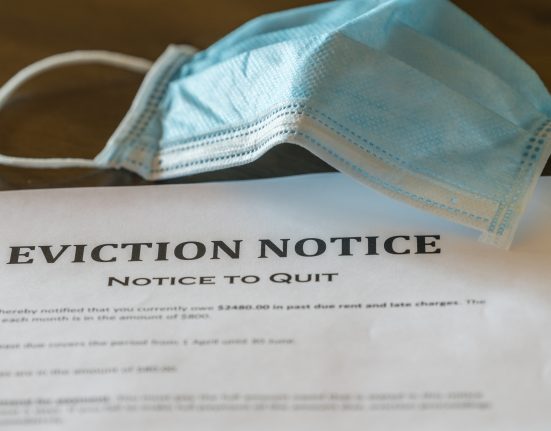Chinese workers stand in front of the Eiffel tower replica at Tiandu Cheng, a Parisian-themed … [+]
Not many days ago, rumors surfaced about Beijing’s grand plans to take over huge swatches of China’s residential property market. If Beijing were to go this route, it would disguise the crisis but nonetheless leave many problems unaddressed. What has emerged, so far at least, is something less dangerous perhaps but also much too small to deal with the issue. The government calls them “white lists,” and they designate some few residential property developments for special financing. They might well be characterized as a drop in the bucket.
The ”white list” scheme calls on local governments to identify failed property developments in their jurisdictions as candidates for special lending by China’s state-owned banks. The banks would then review the lists and release funds to the approved projects. This first round consists of some 123.6 billion yuan ($17.2 billion) for some 162 projects in 57 cities, including some connected to such troubled private property developers as Country Garden, Sunac, and CIFI.
The program will give priority to the completion of apartments for which Chinese homebuyers pre-paid but which remain incomplete because of the financial difficulties of the private developers. No doubt the homebuyers tied to these projects will delight at the news. In the context of the larger financial and economic problem, however, these plans will barely move the proverbial needle. After all, the $17.2 billion recently announced is only about 5% of the $300 billion in liabilities Evergrande announced in 2021 that it could no longer service. And since then, more developers – Country Garden prominently among them — have failed, adding appreciably to the total amount of unserviceable liabilities outstanding.
Beijing’s “white lists” may be a step in the right direction but at best only a very small one. Even at double, triple, quadruple the size, this approach will leave literally hundreds of billions in questionable debt hanging over the nations’ financial system, a burden that will continue, as it has since 2021, to constrain the ability of Chinese finance to support economic expansion and growth. Nor will the “white lists” go near far enough to restore enough confidence among homebuyers to prompt them to put money at risk. China, in other words, will continue to deal, as it has for months, with declining rates of homebuying. What is worse, this decline in demand will likely continue to depress property values, hurting household net worth sufficiently to constrain consumer spending and depress people’s general confidence in the future – all with ill effects on the overall economy’s growth prospects.
What is more, the “lists” will do nothing to address the legacy of overbuilding that continues to beset the property sector and Chinese growth generally. This problem is in large part the result of Beijing’s great enthusiasm for property development that had prevailed until 2020. At first, the policies of easy credit for developers and buyers as well as local government involvement met an urgent need. But as the need was met, the continuation of such policies created a surplus of apartments, sometimes in dubious areas. Then in 2020, Beijing abruptly withdrew its support for residential real estate development, so abruptly in fact, that neither highly leveraged developers nor homebuyers had time to adjust. The crisis is a direct result. These excesses remain. According to estimates made by analysts for Reuters, China at present still has some seven million unoccupied apartments. Especially since the country’s population is shrinking, it will take years, if ever, for these apartments to offer a cash flow to service the still outstanding debt incurred to build them.
After years in which Beijing did nothing besides watch the property crisis unfold, the “white lists” are a welcome sign of action. But especially after years of official dithering, they are far from adequate, even if they multiply greatly. As for the recently rumored radical prospect of a government takeover, that might disguise the property problem but not relieve the debt overhang or the overbuilding. And it would bring new problems with it, as described in my earlier March1 article, “Xi (Foolishly) Plans Communist Answers For China’s Property Crisis.”







